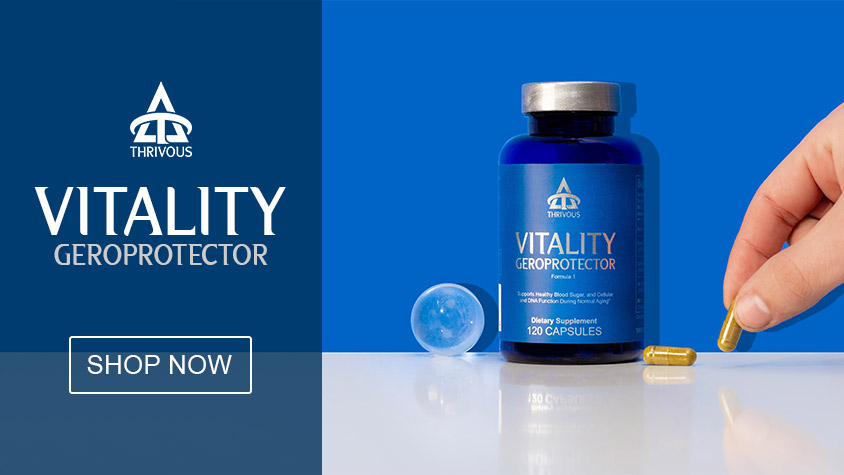The Best Supplement to Enhance Climbing Performance

Due to the pandemic, talk of immunity abounds. But it’s nice that work focusing on body enhancement is still coming out. Today we'll look at evidence for using Anthocyanin supplements to improve climbing performance. And we'll also look at evidence that Caffeine increases work capacity at a given level of exertion, and evidence that Vitamin D enhances lean body mass.
Anthocyanin Enhances Climbing Performance
New Study: Effects of New Zealand blackcurrant extract on sport climbing performance
This study looked at performance while climbing. Training increases muscle oxidative capacity. But blood flow appears to remain a limiting factor to performance.
These researchers hoped that they could further optimize performance and recovery. They wanted to increase blood flow to skeletal muscles. And they wanted to facilitate removal of metabolic by-products in the forearms.
To that end, the study used Anthocyanin supplements. They are associated with improved blood flow at rest and during exercise. The source of Anthocyanin was New Zealand blackcurrant extract, at 210 mg Anthocyanin per dose.
The test subjects were eighteen intermediate level male climbers, who climbed at least two times a week. To establish a baseline, participants completed a set of three climbs, until volitional exhaustion. Then they repeated the set after taking the supplement for 7 days, and after taking a placebo for 7 days, in random order. There were 2 weeks between climbs to allow time for the supplement to wash out.
While taking the Anthocyanin supplement, climbers were able to climb for 23% longer without a significant change in their perceived exertion. There was no change in grip strength.
Climbers’ forearms increased in size during each of the three climbs in each set. But the size increase was less while taking the supplement. This is good because swollen muscles become more painful in recovery.
The Anthocyanin supplement appeared to enable these athletes to climb longer. And that may have been done by improving flood flow.
Caffeine Increases Capacity Per Exertion
These researchers cited studies where Caffeine improved physical performance in people at various levels of activity. They wanted to compare the improvement in elite athletes versus recreational athletes.
The study included eight men who competed in international boxing competitions. It also included ten college recreational athletes, who trained at least three times a week, could bench press their weight, and could squat at least 1.5 times their weight.
The participants performed a series of actions. First, they received a placebo or a Caffeine supplement. The supplement contained Caffeine dosed at 6 mg per kg bodyweight.
Sixty minutes later, the participants completed questionnaires about mood and perceived vitality. Then they performed a Wingate test measuring anaerobic performance. And finally, they rated their exertion.
Caffeine supplements didn’t appear to make a difference in perceived exertion. However, the elite athletes had greater perceived leg exertion. And the recreational athletes had greater perceived cardiorespiratory exertion.
After Caffeine supplementation, participants reached a greater peak power. They also reached peak power sooner and exerted greater power throughout the exercise. The performance effect of Caffeine was similar between the recreational athletes and the elite athletes.
After taking Caffeine, both groups reported less fatigue. And the elite athletes reported greater levels of tension, vigor, and subjective vitality. The ratings of vigor, in particular, were higher in the elite athletes than the recreational athletes.
The researchers concluded that 6 mg Caffeine per kg bodyweight similarly improves performance among elite and recreational athletes. It also enables greater workload at a given level of perceived exertion. Or, put another way, it reduces perceived exertion for a given workload.
Vitamin D Enhances Lean Body Mass
Observational studies have gathered metrics associated with low circulating Vitamin D concentrations. In adults, low Vitamin D is negatively related with body mass index (BMI), percentage body fat, visceral fat, and subcutaneous fat. And in vitro studies have shown that Vitamin D may inhibit lipid accumulation.
These researchers dug deeper, to observe the effects of a Vitamin D intervention on body composition.
The study included 81 adults. They were between 20 and 69 years of age. They were in generally good health. And they didn’t already take Vitamin D supplements.
At the beginning of the study, participants’ Vitamin D blood concentration averaged 12.6 ng/ml. This is below 30 ng/ml, which is often considered to be an optimal level. And it's even below 20 mg/ml, which is associated with deficiency symptoms.
The participants took a placebo or 140 IU Vitamin D three times a day (420 IU daily) for one year. Afterwards, the average Vitamin D blood concentration increased to 24 mg/ml.
There was no significant difference in body fat, muscle power, or cardiorespiratory fitness. However, the supplemented group did have an increase in lean body mass of about .5 kg (1.1 pounds). This is not a huge difference, but is still statistically significant. And it was achieved with a modest amount of Vitamin D.
It’s amazing to me how Vitamin D affects so many systems in the body. In particular, we have evidence for its affects on bones, neurology, and now muscles. I'm reminded of how complex the body is, and how interrelated the various systems of the body are.
Thrivous
Thrivous Vitality is designed to enhance metabolic, cellular, and genetic function for better aging. Each serving provides a clinical dose of Anthocyanin. As observed in the study above, Vitality may enhance climbing performance.
Surge is designed to enhance productivity and focus. Each capsule contains a clinical dose of Caffeine, coupled with L Theanine to minimize jittery side effects. A study above indicates that Surge may increase work capacity at a given level of exertion.
Tenacity is designed to enhance joint and bone function for better aging. Each serving provides a clinical dose of Vitamin D. Tenacity may enhance lean body mass, as observed in the study above.
All Thrivous supplements are based on exceptional levels of scientific evidence and pass through multiple rounds of rigorous quality control. Get yours today, online at the Thrivous store.
More Articles
Don't fall behind! Thrivous monitors new human studies of nootropic and geroprotector supplements, so you can make the best decisions based on the latest science. Supplement Science Updates are part of the free Thrivous newsletter. Subscribe now to receive email about human enhancement, nootropics, and geroprotectors, as well as company news and deals.
Read more articles at Thrivous, the human enhancement company. You can browse recent articles in Thrivous Views. See other Supplement Science Update articles. Or check out an article below.
-
Virtual Nature Relieves Indoor Isolation
Scientists at University of Exeter have found that watching nature on media can uplift people's moods, reduce negative emotions, and ...
-
Nobel Prize in Chemistry to CRISPR Pioneers
The Royal Swedish Academy of Sciences has awarded the Nobel Prize in Chemistry 2020 to CRISPR pioneers Emmanuelle Charpentier and ...



